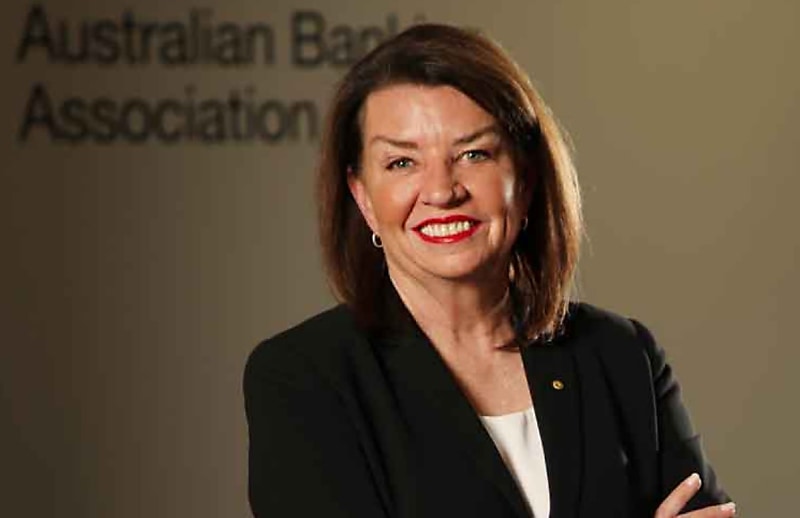Lending to small- to medium-sized enterprises increased by 28 per cent last financial year to push total outstanding credit to the sector to almost $600 billion, according to data from the Australian Banking Association.
Its report on SME lending showed that 302,945 additional loans worth $200 billion were issued in FY2022–23, with loans exceeding $25 billion last June alone.
You’re out of free articles for this month
The CEO of small business body COSBOA, Luke Achterstraat, welcomed the lending increase to the sector.
“We know that access to capital is critical for small businesses, particularly with a perfect storm of costs across the board,” he said. “While there is more work to be done, these latest figures indicate a significant uplift in SME lending which is a positive sign.”
The data showed medium-sized businesses increased their borrowings by 17 per cent, to $426 billion, while small business borrowing went up by almost one-third, to $162 billion.
ABA CEO Anna Bligh said banks understood SMEs were “doing it tough”, with interest rates and energy costs overtaking fuel prices as the top concerns.
“This research shows banks are fuelling credit to the lifeblood of Australia’s economy, our SMEs,” she said. “Banks also understand many customers are doing it tough, battling a quick succession of interest rate rises, inflation and associated cost of living challenges.”
Speaking at a Resilience of Small Business event in Western Sydney, she said the ABA was relaunching a Financial Assistance Hub to help small businesses and customers understand what banks could do to help those in financial difficulty.
“Originally launched to assist businesses during the COVID-19 pandemic, the hub has been updated and completely revised to ensure it is useful, easy to comprehend and relevant to those in need,” Ms Bligh said.
Business Western Sydney executive director David Borger, who was also at the event, said: “The most precious resource a business owner has is their time. Providing them with an easy-to-navigate service through the Financial Assistance Hub is a great initiative to provide meaningful assistance when many business owners are feeling the impact of rising costs, inflation and interest rates.”
Ms Bligh said banks also recognise the need for a sustainable financial counselling model to help customers with advice and support about their finances.
“Financial counsellors get people back on track when they are experiencing the most difficult moments in their lives,” Ms Bligh said.
“Banks stand ready to support the Government’s voluntary financial counselling scheme, committing $6.15 million in the first year, starting in January 2024.”
The ABA represents 18 banks including the big 4, Macquarie, ING, Suncorp and AMP.
Philip King
AUTHOR
Philip King is editor of Accountants Daily and SMSF Adviser, the leading sources of news, insight, and educational content for professionals in the accounting and SMSF sectors.
Philip joined the titles in March 2022 and brings extensive experience from a variety of roles at The Australian national broadsheet daily, most recently as motoring editor. His background also takes in spells on diverse consumer and trade magazines.
You can email Philip on: This email address is being protected from spambots. You need JavaScript enabled to view it.

 Login
Login







